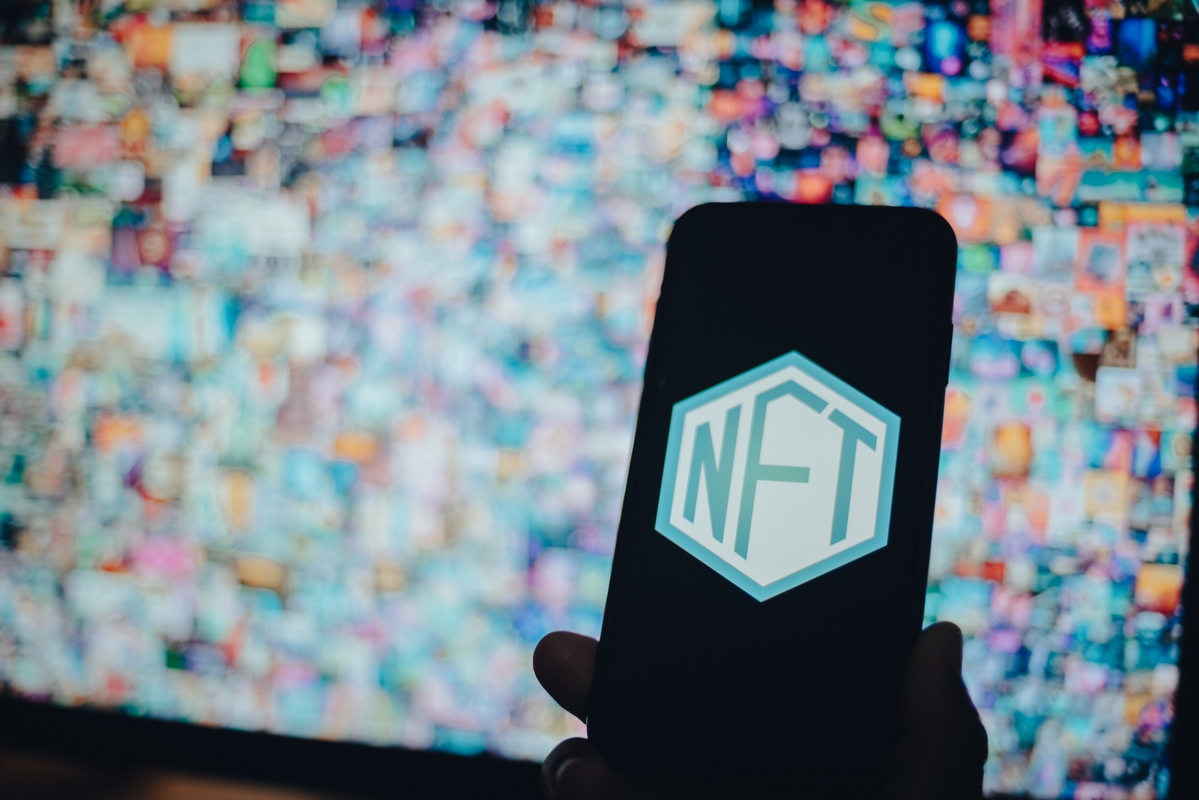The first resolutions on trademarks, copyright, and Non-Fungible Tokens (NFTs) in China, Italy, and the United States
By Sol Baudino and Paula Caraffa Morando
Changes in the different areas of our society are happening abruptly, and the art and fashion industries are not immune to this wave of transformations.
One of the latest developments is the use of Blockchain technology in the art and fashion world, which allows the authentication of works digitally created. This new discipline gave rise to a new intangible asset known as non-fungible tokens (NFTs).
As what happens in the real world often happens in the virtual world, it did not take long for the intellectual or industrial property rights of third parties, mostly for recognized trademarks or authors, to be infringed in the form of non-fungible tokens.
1. SHENZHEN QICE DIECHU CULTURE CREATION CO., LTD V. HANGZHOU YUANYUZHOU TECHNOLOGY CO., LTD
The first resolution we are going to discuss was issued on April 22, 2022, by the Hangzhou Internet Court in China. It is a pioneering case regarding copyright infringements occurred on digital platforms that sold NFTs. The relevance of the case is that it mentions digital platforms’ liability when publishing works in the metaverse.
Shenzhen Qice Diechu Cultural Creation Co., Ltd. (Qice), the author of an artwork, sued the owner of the digital platform Hangzhou Yuantuzhou Technology Company because a UX posted their artwork without his authorization. The Court held that the defendant failed to fulfill his obligation as an Internet service provider and was therefore contributorily liable for the claimant’s copyright infringement. Consequently, it ordered the cease of the infringement and the payment of a fine.
The Court ruled that NFT platforms have a greater duty of care than other intermediaries and suggested the implementation of a copyright review mechanism for each artwork they publish.
2. JUVENTUS FOOTBALL CLUB S.P.A. V. BLOCKERAS S.R.L.
The second relevant ruling was issued on July 19, 2022, in Italy. A first-instance Court in Rome ordered the company Blockeras to stop commercializing NFTs because they used registered trademarks belonging to the Italian football Club Juventus, including their name, nickname, logo, and shirt design.
Blockeras is a fantasy football gaming platform that commercialized NFTs with images of several football players, including Christian Vieri, a Juventus player. The problem was not the authorization to use the players’ images, as they had given their prior consent. The main concern was that the players appeared with the t-shirts and badge of their teams, including the one of Juventus, who prompted the lawsuit to cease the use of their trademarks in the NFTs.
In their defense, Blockeras argued that Juventus’ registered trademarks did not protect downloadable virtual products. However, the Court held that the Club’s trademarks are recognized throughout the country and it was not relevant to consider whether they were registered to protect digital products or not. Additionally, Juventus had registered their trademarks in class 9 of the International Nice Classification, so it can even be established that indeed they covered products related to NFTs.
The Court considered that as the Club had a large number of activities in both, online marketing and social media to promote their clothing, the unauthorized use of the marks would cause risk of confusion among consumers regarding the origin of the NFTs.
3. HERMES V. MASON ROTHSCHILD
Last but not least, on February 8th, 2023, the Southern District Court of New York, United States, ruled on the famous “Hermès v. Mason Rothschild” case.
The company Hermès sued Mason Rothschild for trademark infringement, unfair competition, and cybersquatting. He was the creator of the NFTs called MetaBirkins, which are handbag-shaped that seem to be inspired by the Hermès Birkin most iconic handbag model of the French company.
Hermès claimed that Rothschild was trying to make profit at the expense of their prestigious Birkin trademark because MetaBikins are clearly a copy of their trademark, being irrelevant that he only added the term ‘meta’. They argued that Rothschild’s actions made consumers believe that it was an Hermès product or that there was a link with the company, thereby engaging in unfair competition.
After so many months of waiting, the Jury has determined that: 1) Mason Rothschild infringed the US Trademark Act. The artist’s sale of the “Metabirkin” NFTs violated Hermès’ rights over their “Birkin” trademark. In turn, this use caused dilution of the French company’s trademark, regardless of whether the use was on the metaverse. 2) Rothschild intended to mislead consumers about the origin of the “Metabirkin” NFTs, therefore he also infringed rules of fair trade. 3) His “Metabirkin” NFTs were not protected by the First Amendment of the United States Constitution as he had argued, stating that his works of art should be under said provision because it protects freedom of expression . 4) He committed the offense of cybersquatting, registering the domain name that included the “Birikin” Trademark, <metabirkins.com>.
Based on these considerations, the Court declared the artist Mason Rothschild guilty of trademark infringement and ordered him to pay $133,000 for damages.
CONCLUSION
These initial rulings are good news for intellectual property rights owners. They begin to provide an affirmative answer to the great unknown question of whether trademark and intellectual property laws, among others, are applicable when infringements occur on the metaverse.
Creators of digital works in NFT format should be more careful not to infringe intellectual and industrial property rights of third parties, when publishing their works on the metaverse. At the moment, there are no specific regulations or similar precedents in Argentina. However, the discussed decisions will provide guidance in our jurisdiction when the first legal battles regarding the now-famous NFTs arise.
For further information please contact: sbaudino@ojambf.com and pmcaraffa@ojambf.com

